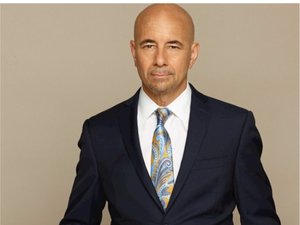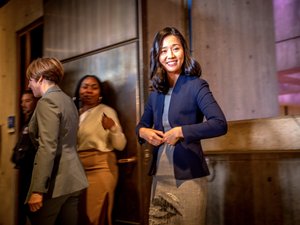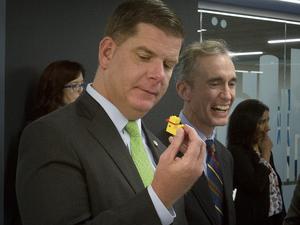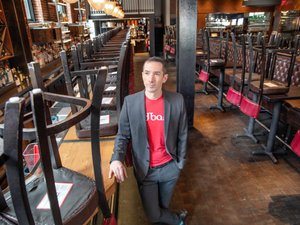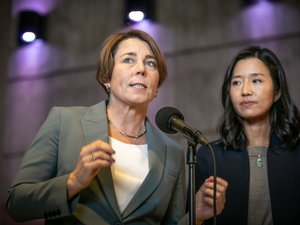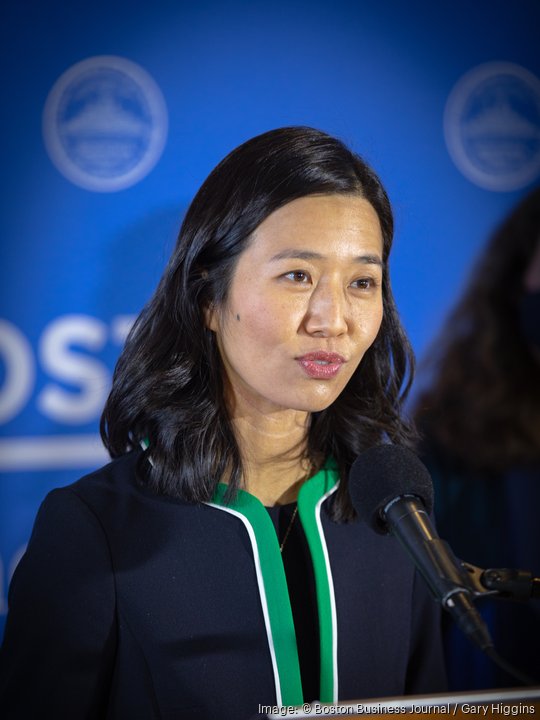
Think all school buses are yellow? Think again. Boston is taking the first steps to make its fleet of school buses green — not in color, but in energy consumption.
Mayor Michelle Wu and other local officials welcomed the city’s first electric school buses at Readville Bus Yard in Hyde Park Monday. The 20 new electric buses will begin operating as part of the school’s fleet after the upcoming February vacation.
This pilot bus program is the first step in Wu’s plan to fully electrify the city’s school bus fleet by 2030. Last April, Wu announced a commitment to replace Boston’s fleet of more than 700 gas-powered school buses with buses that produce zero emissions. Wu said this is part of her mission to transform Boston into a Green New Deal City.
At a press conference this morning, Boston Public Schools Superintendent Mary Skipper said this is the largest electric school bus deployment in the Northeast.
The 20 electric buses will replace existing diesel buses. Dan Rosengard, BPS’ recently named director of transportation, said the electric buses will transport over 2,500 students across 42 schools. He expects the buses to travel through most of the city’s neighborhoods.
“The routes were chosen both to make sure that we were servicing the economic justice neighborhoods within Boston, as well as finding routes that make the most sense given traffic conditions. Stop and go traffic is ideal for electric buses,” Rosengard said.
The buses utilize regenerative braking, Rosengard said, which converts energy from braking into electricity to be used by the vehicle.
Rosengard said the buses take three to four hours to fully charge. While he said the buses could make it through a full day of pickups and drop offs on a single charge, they will return to Readville Bus Yard midday for a top off.
City officials said this pilot will be a learning process to determine how to best roll out the remaining electric buses. Bus drivers will use the February vacation to practice driving their new vehicles on their routes. Wu said moving forward, this pilot will help city officials and BPS determine things like the best locations for charging stations and any additional needs for winter operations.
Wu said these buses will improve the health of the communities they serve. This includes reducing air and noise pollution.
“These buses will reduce vehicle emissions across Boston and cut back on the harmful fumes that students, staff and drivers are exposed to when riding diesel buses,” Wu said.
Starting this fall, Wu said Madison Park Technical Vocational High School will include electric vehicle maintenance as part of its core curriculum for seniors in the automotive program.
“This will give our young people a head start on the skills necessary to secure solid, well-paying jobs in the green economy,” Wu said.
Sign up for The Beat, BostInno’s free daily innovation newsletter from BostInno reporter Hannah Green. See past examples here.
